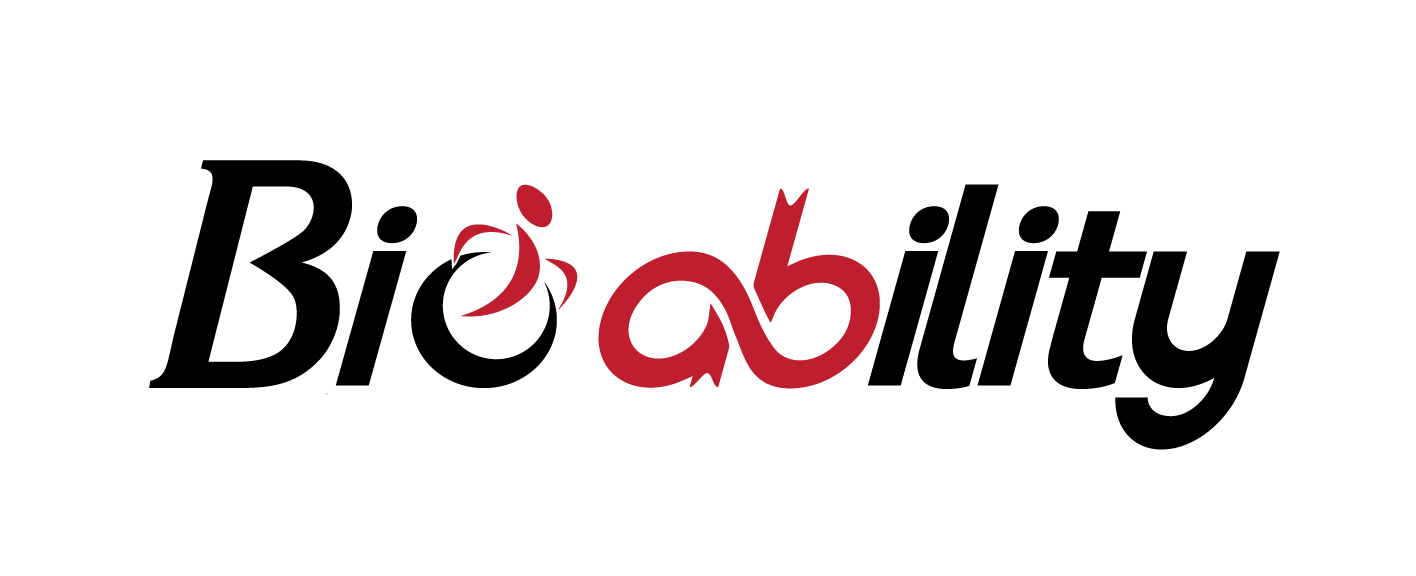August 1, 2025
The Ability Connection
Issue #35
Stevens-Johnson Syndrome (SJS) Awareness Month
August marks Stevens-Johnson Syndrome (SJS) Awareness Month, a time dedicated to shedding light on one of the most severe and under-recognized skin reactions. Though rare, SJS can be life-threatening, and increasing awareness is a critical step toward improving prevention, timely diagnosis, and support for survivors.
What Is Stevens-Johnson Syndrome?
Stevens-Johnson Syndrome (SJS) is a serious disorder of the skin and mucous membranes, often triggered by an adverse reaction to medications. It typically begins with flu-like symptoms, followed by painful blistering and peeling of the skin. In more severe cases, it can progress to Toxic Epidermal Necrolysis (TEN), affecting up to 30% of the body surface area and requiring hospitalization.
Why Awareness Matters
- Early recognition saves lives: Prompt medical treatment is essential to minimize damage and improve outcomes.
- Medication safety: Many cases stem from reactions to common prescriptions such as antibiotics, anti-seizure medications, and pain relievers.
- Support for survivors: Recovery from SJS/TEN can be long and difficult, involving skin grafts, vision loss, or lasting nerve damage.
- Empowering patients: By spreading awareness, individuals can advocate for themselves and others, potentially avoiding dangerous drug reactions.
SJS Awareness Month is more than a medical observance—it’s a movement to protect lives and uplift those affected. Together, we can build a more informed, compassionate, and proactive community. Let’s recognize the signs, promote safe healthcare choices, and stand with survivors, not just this month, but all year round.
Vision Is More Than Sight—It’s Connection
Whether it’s playtime, therapy, or daily routines, kids face risks of eye injury. For children with limited motor coordination or impulse control, protective strategies matter even more:
- Use impact-resistant glasses or goggles during activities
- Choose soft or shatterproof toys
- Keep dangerous household items (cleaners, sharp tools) out of reach
- Advocate for eye-safe classrooms and playgrounds
Parents and caregivers are the first line of defense in preserving vision. Here’s how they can help:
- Schedule annual eye exams with adjustments for sensory and behavioral needs
- Learn the signs of eye strain or vision challenges, such as squinting, head tilting, or avoidance behaviors
- Collaborate with teachers and specialists to support visual accommodations like large-print materials, seating placement, or assistive technology
Vision Is More Than Sight—It’s Connection
For many children with disabilities, their eyes serve as bridges to communicate joy, curiosity, and emotion. During Children’s Eye Health and Safety Month, let’s commit to protecting not just how they see the world, but how they feel seen in it.
Eye health is not one-size-fits-all. By promoting inclusive care and tailored safety, we bring every child’s vision into sharper focus.
What’s happening?
School Schedule
The school schedule starts this month. If you need any changes to your child’s schedule please contact Dawn on the Bio Ability phone number by calling or texting.
School Break Camps
We are offering integrated camps at Bio Gymnastics during some school breaks. There are morning sessions 9-1 and afternoon sessions 12-4 depending on the day and staff availability. Please call or message the Bio Ability number with days and times you are interested so I can be sure there is Bio Ability staff available and then we will schedule. Please do not schedule through Bio Gymnastics as all of our scheduling and billing are separate. The Bio Ability number is 470-560-3981. You can call, leave voicemails and text on this number. We do not have regular office hours at this time so if no one answers, please leave a message or text.
Staff Updates
In August we are losing two instructors: Coach Bridget and Coach Dhriti. Dhriti has gotten a school internship, and we are so excited for her. Coach Bridget starts school in August and has to step away for personal reasons. While they both agreed to stay on as sub instructors, we wish them all the best and will miss seeing them regularly. A new instructor started this past week. His name is Coach Garrett and I am excited to have him on board. He will likely take over Coach Bridget’s classes and can cover Coach Dawn’s Adaptive Fitness when she is away. I am still looking for instructors and would love someone with a behavioral therapist or special education background so if you know anyone, please refer them to dawn.koch@bio-ability.com or to apply online on our website at https://bio-ability.com/job-application/ .
Staff Spotlight Coach Nidhi

Coach Nidhi has been with us for several months now and has been a class instructor helper and a sub instructor. She is ready to take on some of her own students. She will only be working on Saturdays during the school year but we are excited to see her develop into a wonderful independent Bio Ability Coach.
Exercise of the Month: Planks
Incorporating planks into your routine can lead to a healthier body and mind. Planks offer numerous benefits for both physical and mental health:
- Core Strength: Planks strengthen the core muscles, which are essential for stability and posture.
- Posture Improvement: Regular planking helps maintain proper posture by engaging the core muscles.
- Back Protection: Planks protect the spine by strengthening the core, reducing the risk of back pain.
- Mental Health Benefits: Engaging in planks can improve mood, reduce stress, and enhance mental clarity.
- Flexibility and Injury Prevention: Planks improve flexibility and help prevent injuries by stabilizing the body.
Incorporating plank exercises into a child’s routine can be a valuable tool for their development and well-being. The benefits of plank exercise for special needs children include:
- Improved Motor Skills: Plank exercises can enhance coordination and balance, which are crucial for children with special needs.
- Enhanced Self-Esteem: Engaging in physical activities like planks can boost confidence and self-esteem, as children with special needs often face challenges in social interactions.
- Better Social Skills: Participating in physical activities fosters social interaction and teamwork, helping children develop communication and cooperation skills.
- Increased Physical Activity: Regular exercise is essential for maintaining a healthy lifestyle, which can lead to better overall health and reduce the risk of obesity.
- Emotional Well-being: Physical activity can alleviate anxiety and improve mood, contributing to emotional stability and overall happiness.
Instructions:
- Lie face down on the floor with your forearms and toes on the ground, elbows directly under your shoulders.
- Engage your abdominal muscles and keep your body in a straight line from head to heels.
- Hold the position for 10-60 seconds, breathing deeply.
Variations
- Knee Plank: Lie on your stomach with your forearms on the floor, elbows directly under your shoulders, and legs extended behind you.
- Incline Plank: Rest your forearms on a bench or step, forming a straight line from head to heels.
- Side Plank: Lie on your side with your elbow beneath your shoulder and your knee bent.
- Plank Pull-Through: Add a pull-through motion with a weight to challenge your glutes and shoulders.
These variations can help you build core strength and improve your overall fitness.
No Bake Apple Peanut Butter Energy Bites
Ingredients:
- 1 apple, peeled and diced

- 1 cup rolled oats
- 1/2 cup natural peanut butter
- 1/2 cup dates, whole (not chopped)
- 1 tsp cinnamon
- 1 tbsp chia seeds
Directions
Nutrition Facts
120 calories, 6 g fat, 50 mg sodium, 14 g carbohydrate, 3 g fiber, 6 g sugar, 4 g protein
